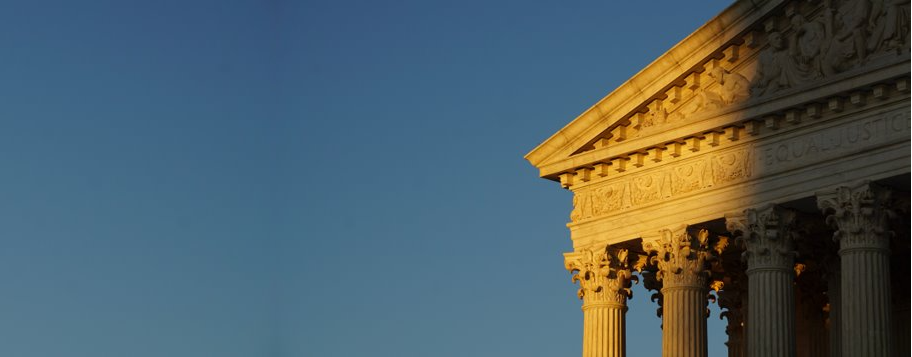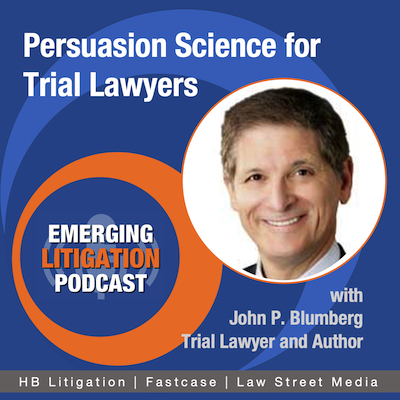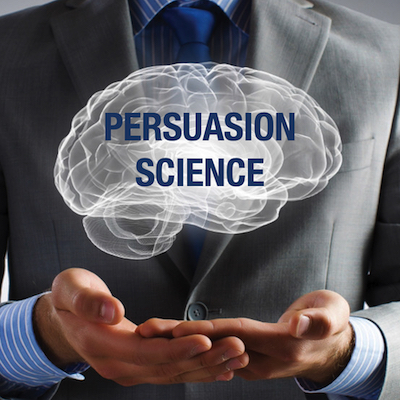Supreme Court to Reconsider Separate Sovereignties
The Supreme Court’s decision to review Barrett v. United States signals a potential shift in how the long-standing “separate sovereignties” exception to the Double Jeopardy Clause is applied. This article by guest contributor Bret Thurman offers a deep dive into the historical, constitutional, and practical complexities of double jeopardy, from its roots in ancient Greece to modern-day interpretations. It explores how exceptions—like implied acquittals, mistrials, and fraud—have shaped the doctrine, and raises questions about whether dual prosecutions still make sense in today’s legal landscape.





